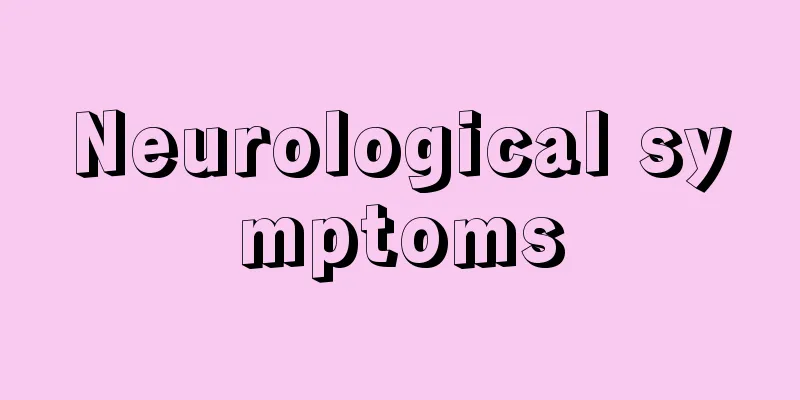Neurological symptoms

|
Neurology is a department that mainly treats people's neurological diseases. If people usually have neurological diseases such as headaches and cerebral thrombosis, they need to go to the neurology department for treatment. Neurology is a department that exists in every hospital and treats a wide range of diseases. Nowadays, more and more people are suffering from neurological diseases, which need to be treated by neurology department. So, what are the neurological symptoms? Neurology is a secondary discipline related to nerves. It does not belong to the concept of internal medicine. The main diseases treated are cerebrovascular diseases (cerebral infarction, cerebral hemorrhage), migraine, inflammatory diseases of the brain (encephalitis, meningitis), myelitis, epilepsy, dementia, metabolic diseases and genetic diseases, trigeminal neuralgia, sciatica, peripheral neuropathy and myasthenia gravis. The main examination methods include head and neck MRI, CT, ECT, PETCT, electroencephalogram, TCD (transcranial Doppler ultrasound), electromyography, evoked potential and hemorheology examination, genetic diagnosis, etc. At the same time, we work with the Department of Psychology to diagnose and treat functional diseases such as neurasthenia and insomnia. Common symptoms ·dizziness ·Cerebral infarction Trigeminal neuralgia Neurasthenia Neurosis Facial neuritis Syncope Radial nerve palsy Dementia syndrome ·epilepsy ·Headache Sciatica Parkinson's disease Acute myelitis Precautions 1. Eat more fresh vegetables, whole grains, soy products, dates, lean meat, etc. 2. Patients with facial paralysis usually need to reduce light source stimulation, such as computers, televisions, ultraviolet rays, etc. 3. You need to do more functional exercises, such as: raising eyebrows, blowing air, closing your eyes, opening your mouth wide, etc. 4. You need to insist on acupoint massage every day. 5. Soak your feet in hot water before going to bed, and do some foot massage if possible. 6. Do appropriate exercise, strengthen physical training, listen to light music often, keep a calm and happy mood, and ensure adequate sleep. 7. Patients with facial paralysis should avoid spicy and irritating foods while taking medication. Such as white wine, garlic, seafood, strong tea, spicy hot pot, etc. 8. Apply a hot towel to your face 3-4 times every night. Do not wash your face with cold water. When encountering cold weather, you need to keep your head warm. |
<<: Symptoms of athlete's foot
>>: Symptoms and manifestations of colic
Recommend
What are the treatments for advanced lung cancer?
Advanced lung cancer is not an incurable disease....
The fastest way to make your face sweat_How to make your face sweat
Proper waste elimination is beneficial to the bod...
What are the causes of bile duct cancer
Biliary duct cancer is now a disease with a certa...
Sodium hypochlorite and hydrochloric acid reaction
We may not be familiar with the chemical name sod...
How to dehumidify the room
The environment in which we live has a significan...
Is single crystal or polycrystalline rock sugar better?
When we were young, if we had a cough or a cold, ...
Will hepatitis B turn into liver cancer after 40 years?
Chronic hepatitis B refers to viral hepatitis B. ...
Ways to adjust your mood
There are eight out of ten things in life that ar...
Nerve twitching in right arm
Nerves are spread throughout the human body. Some...
How to protect your cervical spine
In daily life, many people have encountered probl...
How can fibroids be cured?
Many patients with fibroids are very worried abou...
What does metabolism mean? Do you understand?
Metabolism is the general term for all orderly ch...
Disadvantages of contact lenses
Many people suffer from myopia. Most traditional ...
Precautions before scar removal surgery
In real life, due to various reasons, more and mo...
Can stomach acid kill parasites?
Parasites are very harmful to human health. Some ...









